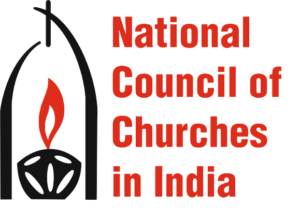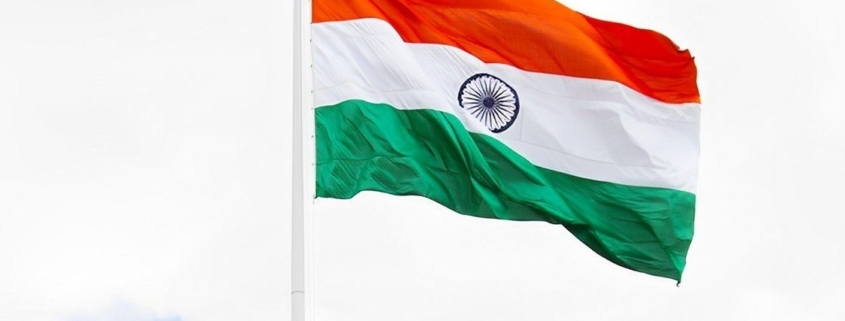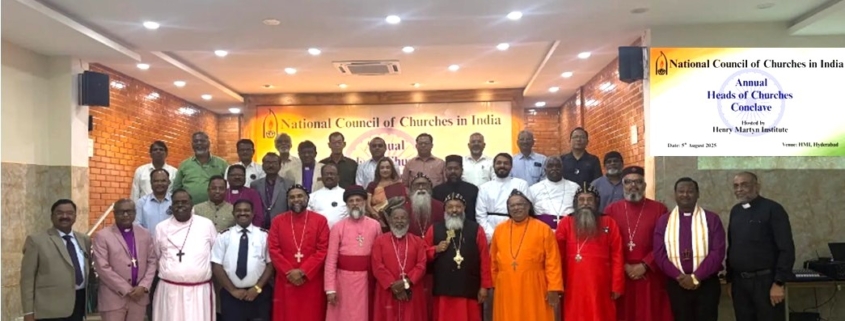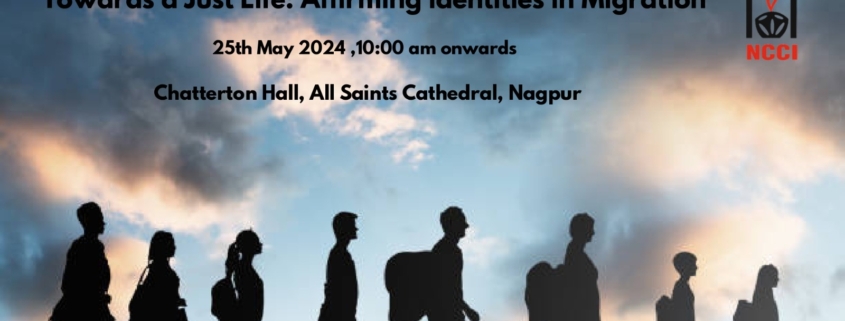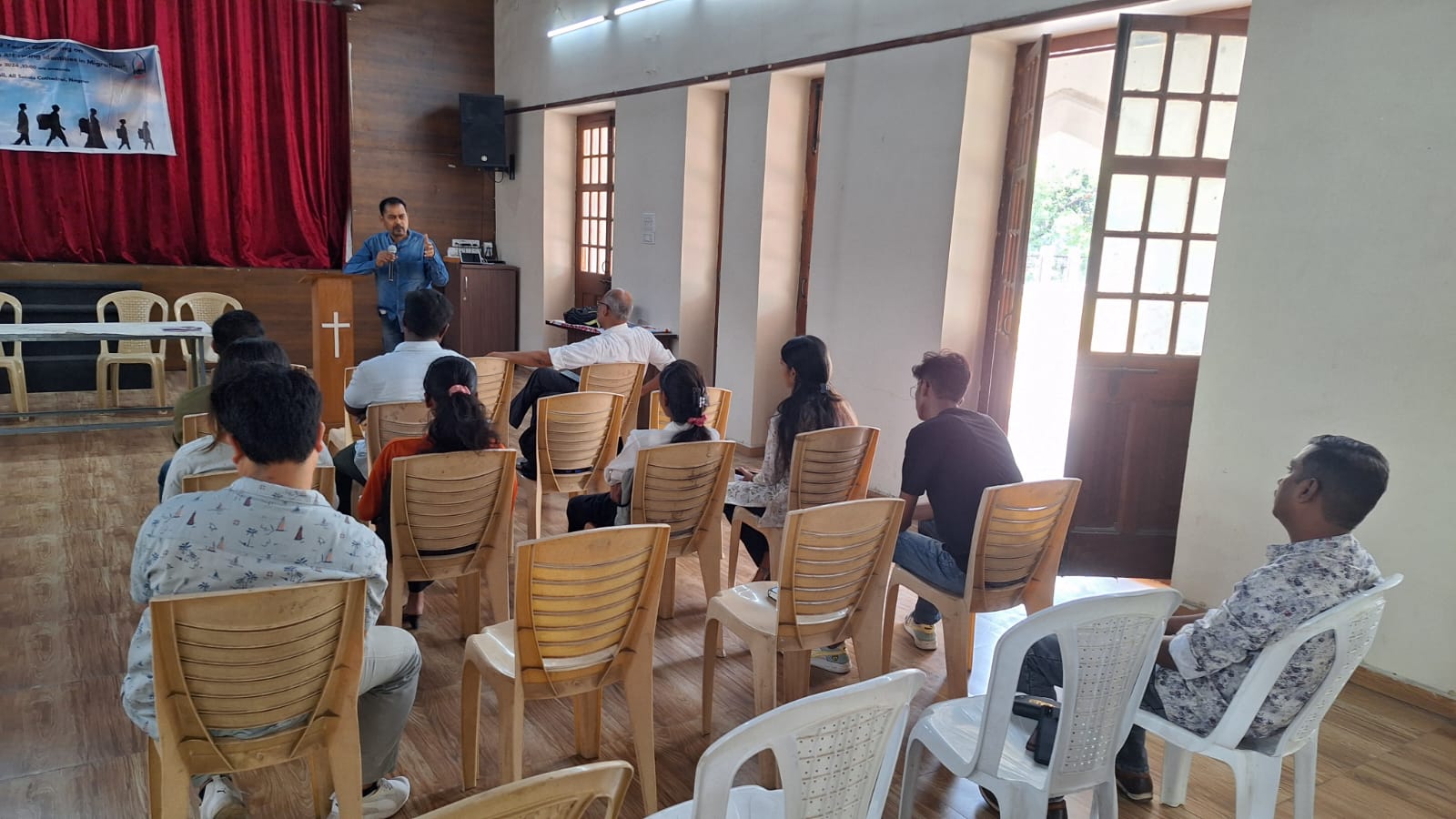Christmas 2025: Nurturing the promise of liberation
Every child has a sparkle in the eye – the promise of a bright future. Those in critical and challenging circumstances and contexts, have this a lot more prominent. When identified and nurtured the promise is sustained and realised.
The Christmas story is one such narrative where a child in a challenging circumstance was acknowledged and affirmed. Thanks to a beleaguered Mary and a battered Joseph, related to each other only on working out God’s purposes for Life, a liberator was born – Hallelujah !
Promises abound, in and around. In every challenging and critical context there are a million liberators. Let us, even as, battered Individuals and groups, and beleaguered communities of faiths and ideologies, affirm and acknowledge such promises in and around us – preserving the legacy that life is born in affliction, persisting in the faith that small beginnings yield big, and persevering in the tradition that serving ‘the least’ is service to God.
Children in conflicts, war zones, displaced communities and contexts, disease and depravity, and in today’s context disenfranchisement; gender non-conforming children, children who are sexually violated – despite attempts to rob them of it, they still have that sparkle in their eye.
We will do well this Christmas to focus on committing afresh to the least of these brothers and sisters and friends of Jesus in nurturing the promise of liberation. While working on changing the world to be a better place, lets begin with and alongside many a ‘Christ-child’ in every context
Unto us a child is born . . . at the first Christmas and always – Hallelujah !
Rev. Asir Ebenezer
General Secretary, NCCI
